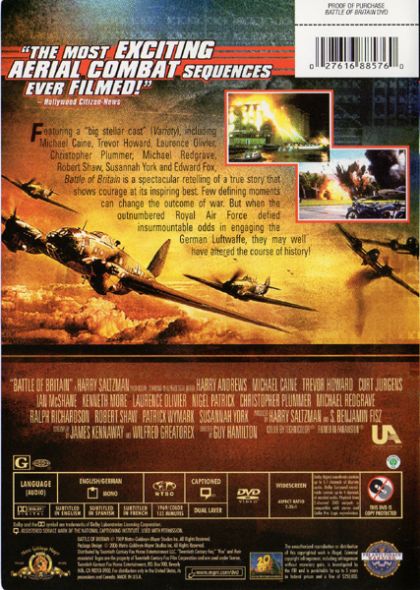In 1940, the British Royal Air Force fights a desperate battle vs. the Nazi Germany Air Force for control of British air space to prevent a Nazi invasion of Britain.
Historical reenactment of the air war in the early days of World War Two for control of the skies over Britain as the new Luftwaffa and the Royal Air Force determine whether or not an invasion can take place.
Written by John Vogel {jlvogel@comcast.net}
It is 1940, and the diabolical mind of Adolf Hitler is planning to bomb England into submission to his warped dreams of a 'Fortress Europe'. Standing between Britain's freedom & Hitler's terrifying plans is the R.A.F - dedicated pilots who took to the skies again & again in the face of overwhelming odds. The German Luftwaffe's planes outnumber the R.A.F's by more than 2 to 1 - 650 planes of the R.A.F. vs. 2,500 of the Luftwaffe! These odds. however, do not deplete the determination of the R.A.F. to stop Hitler, and as the Luftwaffe launches wave after wave of Heinkel 111 bombers against British cities, the R.A.F. responds, under the leadership of Air Vice Marshal Park (Howard) and Squadron Leaders Canfield (Caine) and Harvey (Plummer) who lead the newest pilots of the R.A.F. into confrontation after confrontation with the Luftwaffe's experienced veterans, with the aim of driving Hitler's forces away from Dover's white cliffs for good...
Written by Derek O'Cain
SYNOPSIS
May, 1940. The German army has overrun France and the British Royal Air Force is evacuating its aircraft and pilots. A squadron of Hawker Hurricanes is quickly refueled and flown off ahead of the advancing Germans. Just as the ground personnel are torching the unflyable aircraft, a squadron of German ME-109s screams in at treetop level and shoots up the airfield.
Back in Britain, Air Marshal Sir Hugh Dowding (Sir Laurence Olivier) recommends to Prime Minister Churchill that no further British fighter aircraft be risked in the defense of France. The British army is already being evacuated from the beaches of Dunkirk. The precious fighter planes will be needed for the defense of Britain. In conquered France, a large group of German HE-111 bombers is drawn up around a former French airfield, ready to deploy against the British Isles.
A German diplomat, Baron Max von Richter (Curt Jurgens) makes an arrogant overture to British ambassador Sir David Kelly (Ralph Richardson) in neutral Switzerland. If the isolated British agree to allow Hitler a free hand in continental Europe, Germany will not use the Luftwaffe to flatten British cities in preparation for an invasion. The high-handed German receives an icy reception from the ambassador.
At an RAF airfield in southeastern England, green pilots are hurriedly trained. A crusty RAF officer (Robert Shaw) takes one of his fledgling pilots up for special attention in the new Spitfire. The RAF begins to organize the coastal fighter defenses against the expected German air assault. They are counting heavily on the ability of the new coastal radar towers to provide early warning of incoming German air raids. Even with the assistance of radar, the German numerical advantage means that British pilots must shoot down German planes at the rate of four to one.
RAF Squadron Leader Colin Harvey (Christopher Plummer), who is being transferred to Scotland, drives into town to meet his WAAF wife Maggie (Susannah York) at an inn. There is tension in the marriage. He wants her to apply for a posting in Scotland, but she resists. At the nearby airfield, there is a surprise visit from irascible Air Vice Marshal Keith Park (Trevor Howard). He admonishes new Squadron Leader Canfield (Michael Caine) that his pilots must be prepared to go up and meet the enemy with only two minutes warning.
In contrast to the hard-pressed British, the victorious Germans are supremely confident and cocky. Invasion barges are being transported to the Channel Coast. On August 10, the Luftwaffe launches Adlertag (Eagle Day), a massive strike against British radar sites and airfields near the coast. HE-111 bombers and ME-109 fighters roar from their French airfields. The attack is preceded by JU-87 Stuka dive bombers, dropping their payloads on the troublesome British radar towers. The vulnerable Stukas are soon set upon by British Spitfires, who make short work of them. Close behind the dive bombers, more than 100 Heinkel HE-111s cross the British coastline, escorted by ME-109 fighters. The British airfields are soon under heavy attack, as the pilots scramble to get their Hurricanes and Spitfires airborne. The British inflict aircraft losses on the Germans at a three-to-one rate, but the airfields are heavily damaged. After the attack, RAF Group Captain Baker (Kenneth More) surveys the damage to his own airfield. The British ruefully acknowledge that the German strategy of attacking their airfields is working.
In an attempt to overwhelm the British defenses, the Germans mount simultaneous raids against southeastern England (from France) and northern England (from Norway). However, the bomber formations from Norway must proceed without fighter escort. Squadron Leader Harvey's fast Spitfires take a horrendous toll on the lumbering HE-111 bombers, shooting down 23 without loss. Yet the pilot and aircraft attrition rate is still working against the British.
An acrimonious dispute soon develops between Air Vice Marshals Keith Park and Trafford Leigh-Mallory (Patrick Wymark) over defensive strategy. Leigh-Mallory favors his "Big Wing" concept of assembling large, overwhelming fighter formations to meet the German aerial armada, but long delays in forming up the fighter squadrons is allowing the Germans to penetrate British airspace and decimate the airfields. Park favors squadron-sized individual attacks on the incoming Germans.
Just as Squadron Leader Harvey and his wife Maggie rendezvous at a swank London hotel, wayward German bombers accidentally drop the first bombs on the city. Hitler had previously avoided targeting London in hopes of avoiding the remorseless total war that would surely follow. In retaliation, the British stage their first air raids on Berlin. The Luftwaffe is soon staging nightly raids over London, setting the city aflame.
A training squadron of Polish pilots crosses paths with a formation of German bombers headed for London and disobeys direct orders, peeling off to attack and shooting down several of the enemy planes. The RAF soon activates squadrons of Canadians and Czechs as well. Every pilot is needed.
The desperate struggle reaches a crescendo on September 15, 1940. The Luftwaffe launches wave after wave of bombers and fighters against London, but the battle is a disaster for them. RAF pilots shoot down scores of German bombers against less than 30 British fighters lost. It is effectively the end of daylight raids against Britain, and having failed to subdue the RAF, Hitler cancels the invasion of England. Approximately 350 RAF pilots have given their lives in the Battle of Britain, as well as 100 more pilots from Australia, Canada, South Africa, Poland, Czechoslovakia and other Allied nations.
Winston Churchill paid fitting tribute to the courageous airmen:
"Never in the field of human conflict was so much owed by so many to so few."

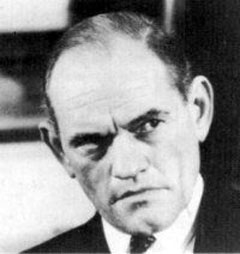
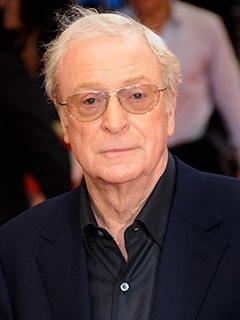
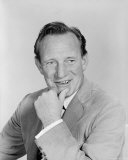
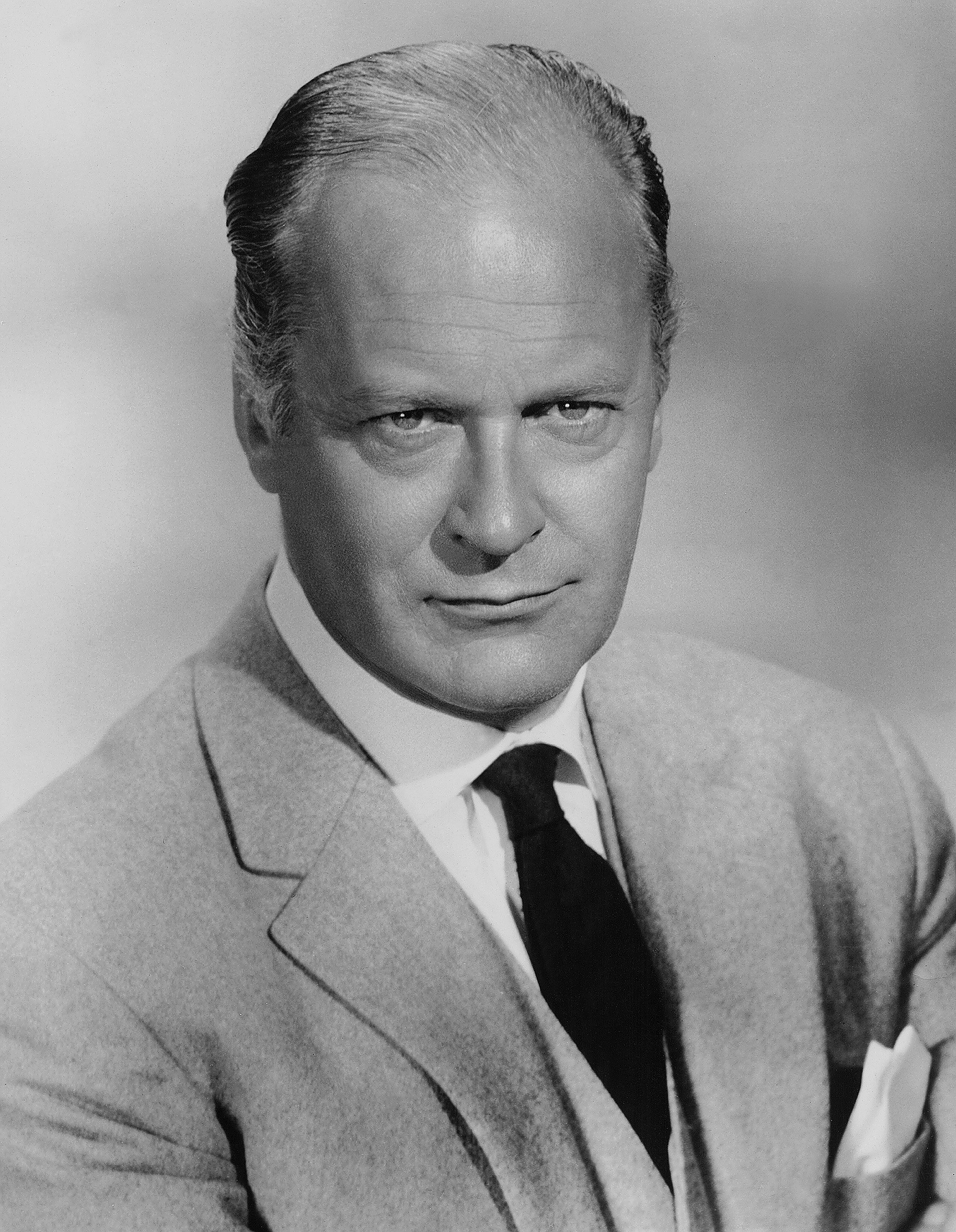
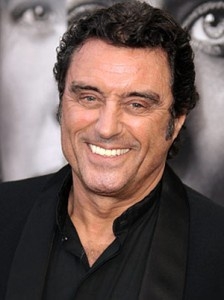
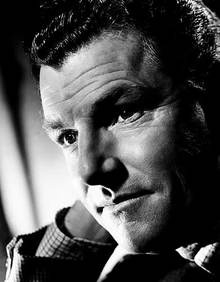
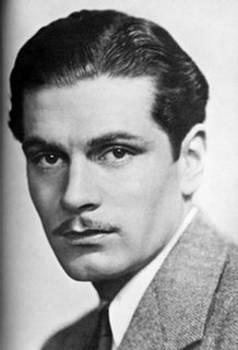
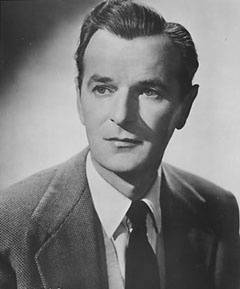
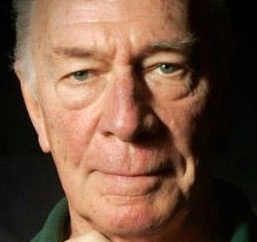
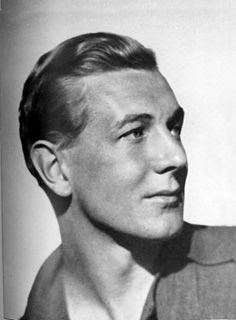
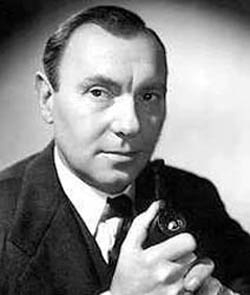
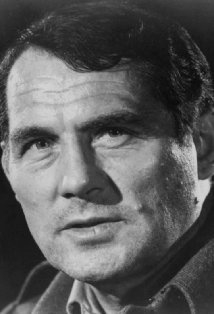
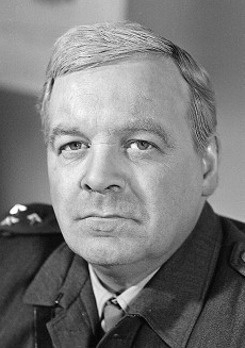

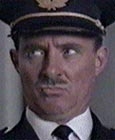
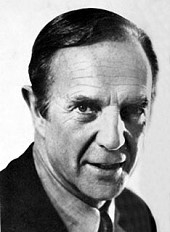

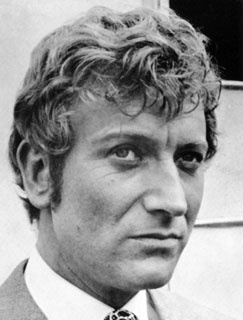

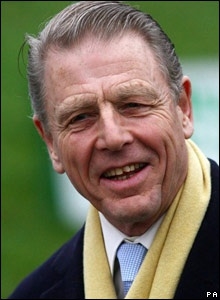
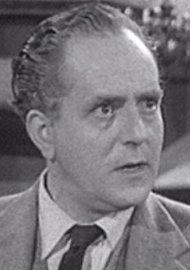

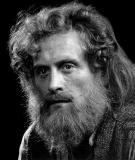
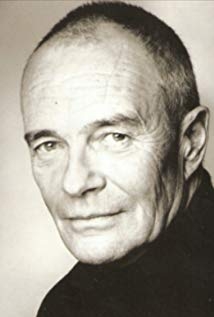
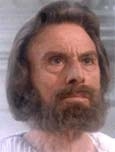



 English
English  Nederlands
Nederlands  Deutsch
Deutsch  Français
Français  Español
Español  Magyar
Magyar  српски
српски  Dansk
Dansk  Italiano
Italiano  Svenska
Svenska  Slovenčina
Slovenčina  Português
Português 

